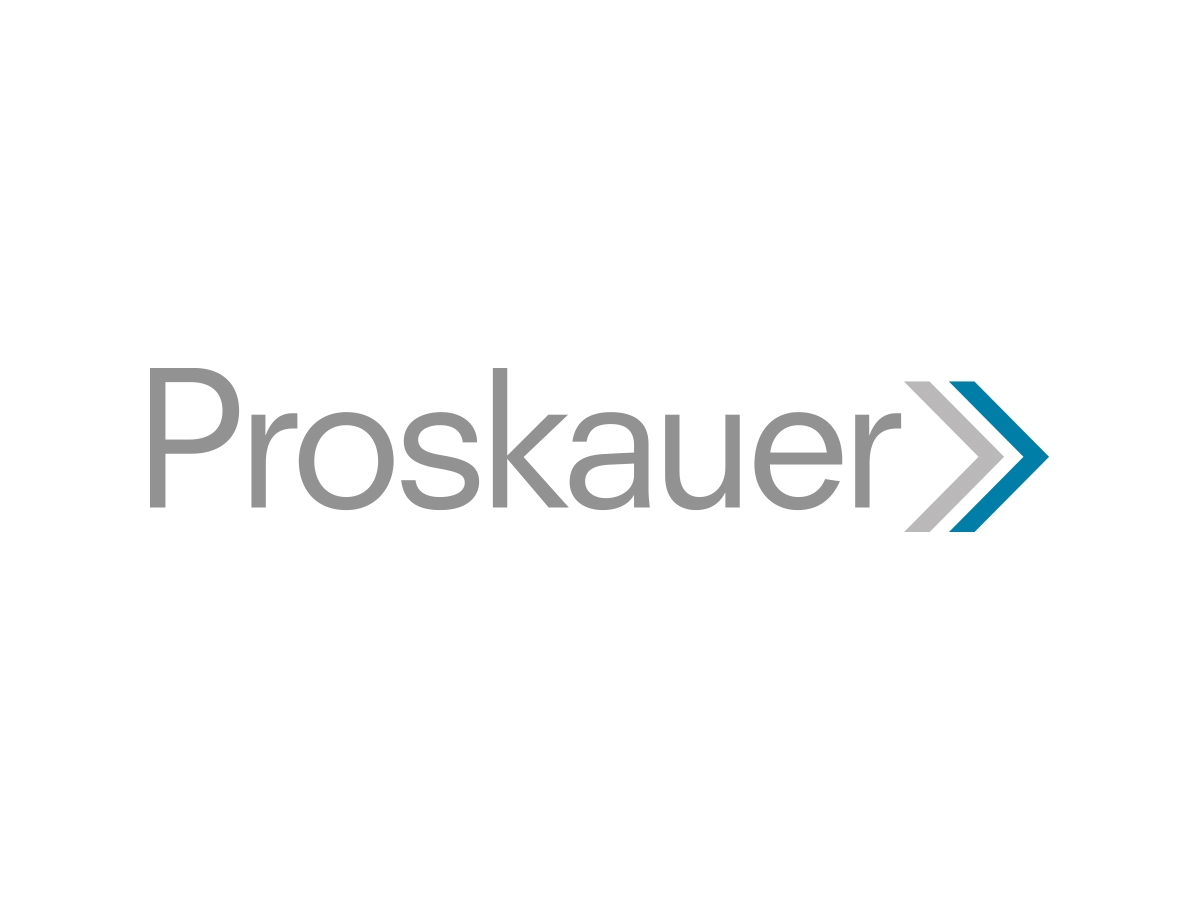Tech Company Trade Secret Showdown: Lessons from a Significant AI Related Trade Secret Case | Mitchell, Williams, Selig, Gates & Woodyard, P.L.L.C.
Download PDF
In the fast-paced world of tech litigation, one case stands out for its implications on trade secrets and intellectual property rights: Neural Magic, Inc. v. Meta Platforms, Inc. and Aleksandar Zlateski. This federal court case involved allegations of misappropriation and unfair competition between two AI players, and specifically allegedly stolen algorithms enhancing computer efficiency and enabling advanced machine learning.
Background: Neural Magic, Inc., a startup founded by MIT computer scientists, claimed that Meta Platforms, Inc. (formerly known as Facebook) and its employee, Aleksandar Zlateski, unlawfully used Neural Magic’s proprietary algorithms. Zlateski, a former employee of Neural Magic, allegedly took trade secrets with him when he joined Meta Platforms, Inc. The crux of the matter revolved around Meta’s publication of a compiler that purportedly contained the same proprietary algorithms developed by Neural Magic.
The Details: As is often the case in unfair competition litigation, the plaintiff pursued recovery against a former employee and the company to which that employee went, based on allegations that the break between the first and second company was not a clean and legal one. The plaintiff accused Meta of misappropriation of trade secrets and confidential information, violation of the Defend Trade Secrets Act of 2016, unfair business methods under state law, breach of contract, and tortious interference. The litigation proceeded to the expert work up and summary judgment phase. The court granted in part the defendants’ motion for summary judgment on one trade secret claim, allowing the remainder of the case to continue to trial. Shortly thereafter, the parties settled.
Implications: This is the most significant AI related trade secret case that has emerged in recent years. The Neural Magic, Inc. v. Meta Platforms, Inc. case underscores the importance of safeguarding intellectual property and trade secrets in the fiercely competitive AI space. It serves as a cautionary tale for companies and employees alike, highlighting the legal consequences of misappropriating proprietary information. Just prior to settlement, the court had ruled that the plaintiff was allowed to offer testimony from an expert who said Meta owed them as much as $766 million in royalties. This underscores the significant exposure that an accompany unfair competition litigation. Further, this case highlights the logistical, ethical, and legal challenges that often come part-in-parcel with AI based litigation, particularly concerning intellectual property and trade secrets. Cases involving the misappropriation of trade secret technology can often involve significant damages.
In conclusion, while the specifics of the settlement remain confidential, the legal battle between Neural Magic, Inc. and Meta Platforms, Inc. serves as a reminder of the high stakes involved in protecting intellectual property rights and maintaining ethical business practices in the digital age.
This content was generated in part by, and prepared for publication with the assistance of, ChatGPT.






